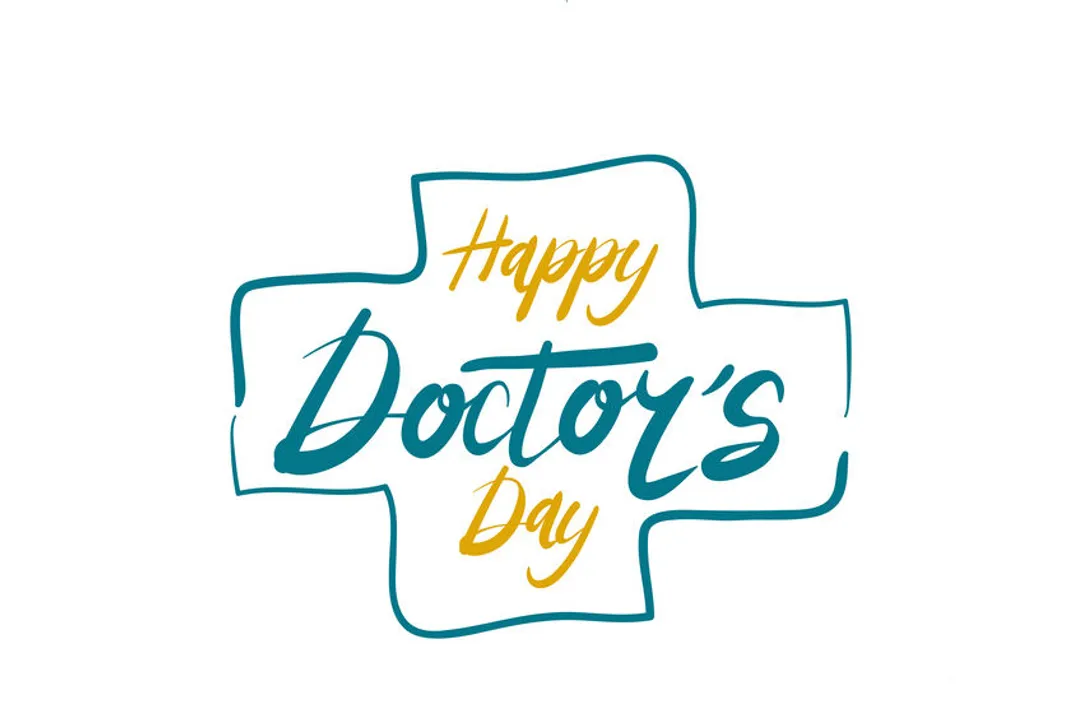National Doctor's Day

Arip Santoso/123RF.com
National Doctor’s Day is a day set aside on the 30th of March each year to express appreciation for doctors and the impact that their profession has on our society. The idea for National Doctor's Day first came from a doctor’s wife who understood the importance that doctors have in the lives of their patients and in society. Eudora Brown Almond, the wife of Dr. Charles B. Almond, first suggested a day dedicated to recognizing doctors in 1933. The first Doctor's Day was a local celebration in their small town of Winder, Georgia.
The date chosen for the first Doctor's Day was the 30th of March, 1933, the 91st anniversary of the first time general anesthesia was used. It would be another 25 years before Doctor’s Day would be recognized at the national level, when the U.S. House of Representatives passed a resolution recognizing Doctor’s Day in 1958.
National Doctor's Day became an officially recognized national day when it was approved by Congress and signed into law by President George H. W. Bush in 1990.
The practice of medicine is one of the oldest professions in history, dating back to before written history began. Cave drawings show individuals preparing herbs for medical purposes and giving them to others. Prehistoric skeletons show that medical and surgical procedures were performed on them.
While it is difficult to determine when the idea of a “doctor” first emerged, many people point to a physician in ancient Greece named Hippocrates. Hippocrates helped to develop the ideas that serve as the foundation for medical ethics and to train others in the practice of medicine. Hippocrates also produced one of the earliest medical works, writing about 70 medical works called the Hippocratic Corpus.
As the practice of medicine developed in ancient times and into the Middle Ages, the practice of medicine was based partially in scientific observations and partially on misunderstood assumptions and superstitions.
As time progressed, doctors became more and more dependent on scientific observations and the scientific method. New fields of study, like chemistry, psychology, physics, and genetics broadened doctors’ ability to develop and provide new treatments. Today’s connected and scientifically based world has allowed doctors to advance medical practice far faster than has ever been possible before in history.
The impact that doctors have is greater today than it has ever been. As the COVID-19 pandemic affects the lives of people around the world, the care that physicians provide has saved countless lives. While we often think of doctors as the person we see in an office or in an emergency room, doctors have also been at the forefront of developing vaccines and treatments for the pandemic and have done so in a very short period of time.
While National Doctor’s Day is an important day to recognize the contributions doctors make to individuals and to society, it also has a deeper meaning. National Doctor’s Day is ultimately a celebration of the knowledgeable expertise and compassionate attitude that drives doctors who have dedicated their lives to helping others.
Related Posts
